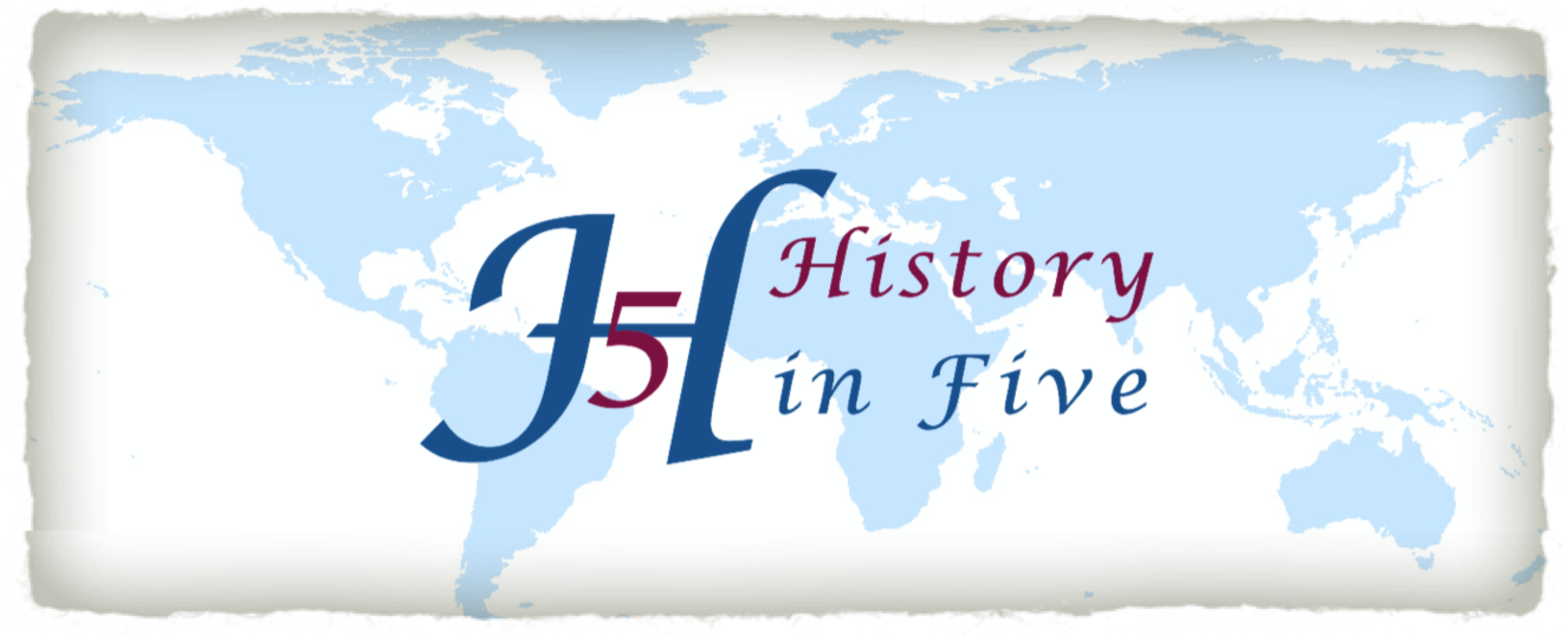Back to the video list: German History
The German Revolution of March 1848 was the peak of the middle class movement which aspired after democratic reforms and a unified Germany.
Video
Overview
- Date: 01 Mar 1848 – 23 Jul 1849
- Location: German Confederation (Deutscher Bund)
- Start: Revolutionaries occupy the assembly hall of the estates in Baden
- End: Prussian troops decisively defeat the last revolutionaries in Rastatt, Baden (victory of counter-revolution)
Parties & Persons Involved
- Frederick William IV (German: Wilhelm Friedrich IV) (1795 – 1861), King of Prussia
- Gustav Struve (1805 – 1870), Revolutionary from Baden
- Friedrich Hecker (1811 – 1881), Revolutionary from Baden
Background
- Economic & social preconditions:
- Pauperism & unemployment against the background of early industrial development
- The economic development of the Bürgertum (non-noble middle class) is hampered due to customs barriers in the German Confederation
- 1847: Failed harvest & famine
- Political preconditions:
- Wide spread liberal & national movements in the population of the German states
- Restoration of monarchic social order (“System Metternich”) & oppression of national & liberal ideas by the governments of the German states (Censorship of the press, missing constitutions, surveillance & persecution of dissenters
- International preconditions:
- Revolutionary developments in other European countries, esp. in
- Italy – national dimension
- France – liberal dimension
History
- Feb 1848: February Revolution & proclamation of the 2nd Republic
- 27 Feb 1848: Assembly of people demand a bill of rights in Mannheim
- March Demands (1848)
- Arming the people
- Freedom of the press
- Public jury courts
- Pan-German Parliament
- 01 Mar 1848: Occupation of the assembly hall of the estates in Baden
- Mar – May 1848: Revolutionary gatherings & street riots
- 18 May 1848: 1st session of the Frankfurt Parliament, the 1st freely elected pan-German parliament
- 28 Mar 1849: Frankfurt Parliament adopts the Constitution of St. Pauls Church – Lesser German Solution & constitutional monarchy with the Prussian king as Emperor
- 03 Apr 1849: Frederick William IV of Prussia declines the imperial crown & the imperial constitution fails
- May 1849: Uprisings with clashes between revolutionaries & the military
- 01 Jun 1849: Proclamation of the republic in Baden
- 01 Jun 1849: Württemberg troops dissolve the rump parliament (rest of the Frankfurt Parliament) in Stuttgart
- 23 Jul 1849: Prussian troops decisively defeat the last revolutionaries in Rastatt
Consequences & Impact
- Counter-revolutionary developments & consolidation of the monarchic powers
- Mass emigration of the “Forty-Niners“ to the USA
- Establishment of the dualism of democracy & unified nation
- Establishment of the Lesser German Solution (without Austria) for the German unification (1871)
- Definite end of the feudal order
- Improvements with regards to legal certainty & freedom of the press
